Researchers at the University of California, Berkeley, have made a groundbreaking discovery in the field of evolutionary anthropology, challenging the long-held assumption that humans are the only rational species. According to a study led by Jan M. Engelmann, an evolutionary anthropologist at the university, chimpanzees have demonstrated a high level of rationality in their decision-making processes, rivaling that of humans.
Engelmann's research involved a series of experiments in which chimpanzees were presented with food puzzles, designed to test their ability to form beliefs based on evidence. The experiments typically involved two boxes, one of which contained a snack, while the other was empty. When the researchers shook both boxes and produced a rattling sound from one of them, the chimpanzees consistently chose the box where the sound came from, indicating that they had formed a belief about the location of the snack based on the evidence.
"We were surprised by the chimps' ability to form their beliefs in response to evidence," Engelmann said in an interview. "It turns out that they're almost as rational as we are." Engelmann's findings have significant implications for our understanding of the evolution of rationality and challenge the traditional view that humans are the only rational species.
The concept of rationality has been a cornerstone of Western intellectual tradition since ancient Greece, where philosophers such as Aristotle argued that humans possess a unique capacity for rational thought. However, Engelmann's research suggests that this assumption may be too narrow, and that other species, including chimpanzees, may possess similar cognitive abilities.
Engelmann's study is part of a growing body of research that seeks to understand the evolution of rationality in non-human species. Other studies have shown that animals such as primates, dolphins, and even birds are capable of complex decision-making and problem-solving. "This research is changing our understanding of the evolution of rationality and challenging our assumptions about the uniqueness of human cognition," said Dr. Jane Goodall, a renowned primatologist and conservationist.
The implications of Engelmann's research are far-reaching and have significant implications for fields such as anthropology, psychology, and philosophy. As our understanding of rationality in non-human species grows, we may need to reevaluate our assumptions about the nature of intelligence and cognition. Engelmann's study is a significant step forward in this area of research and highlights the importance of continued investigation into the evolution of rationality in non-human species.
Engelmann's research is ongoing, and future studies will aim to further explore the cognitive abilities of chimpanzees and other non-human species. As our understanding of rationality in non-human species continues to grow, we may uncover new insights into the evolution of intelligence and cognition, challenging our assumptions about the uniqueness of human rationality.
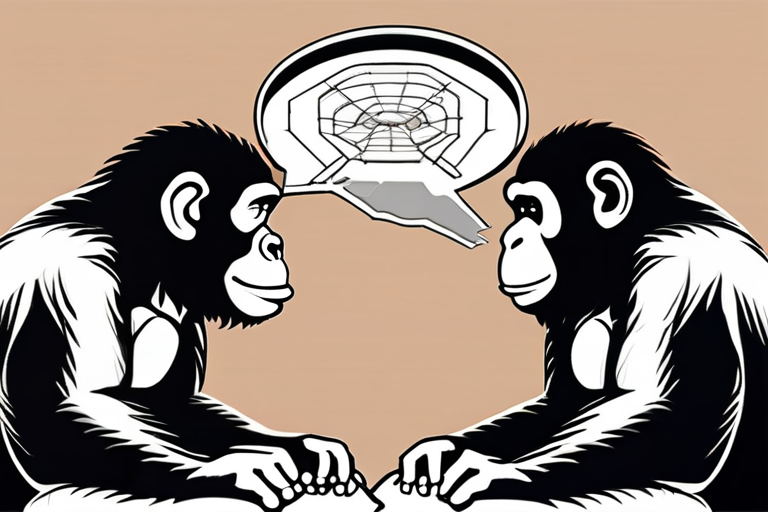


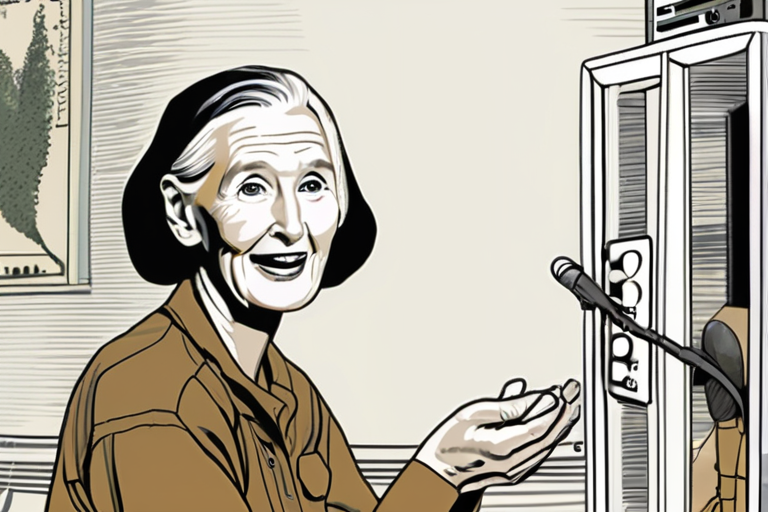



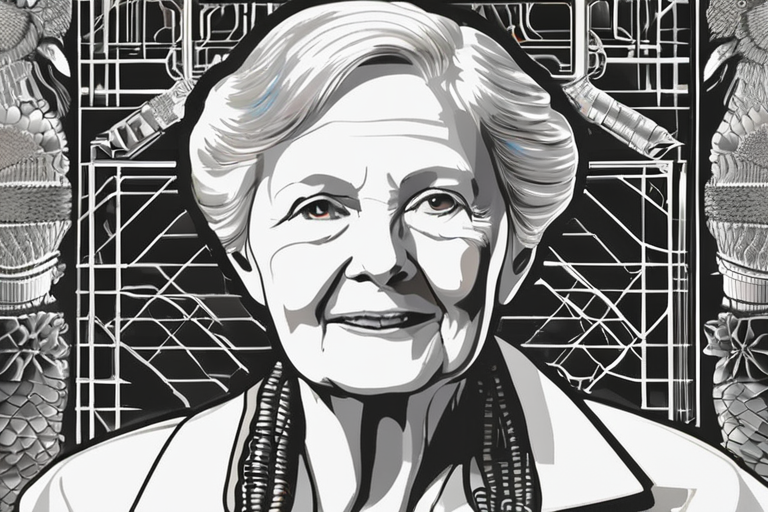






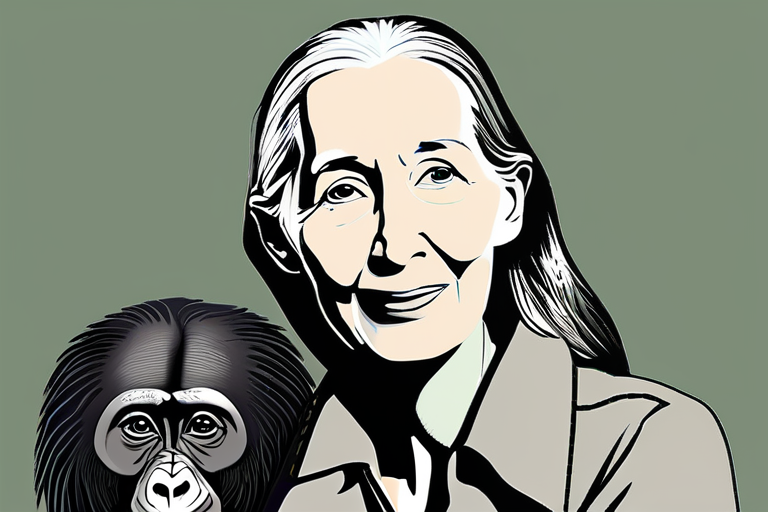


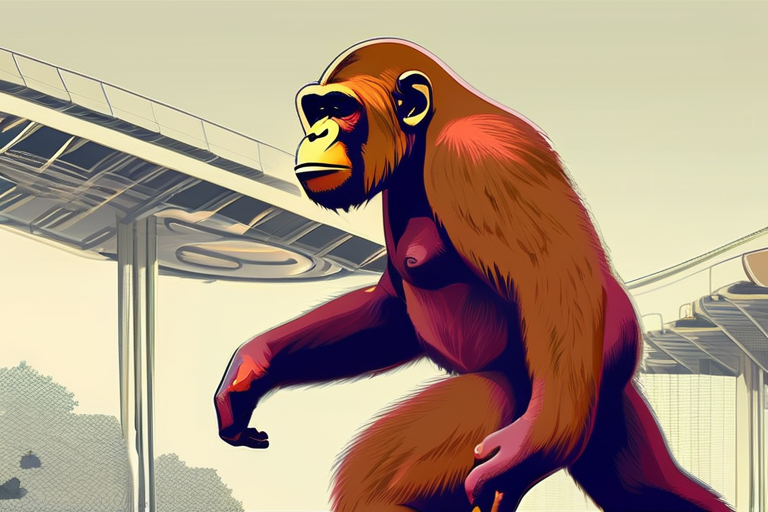


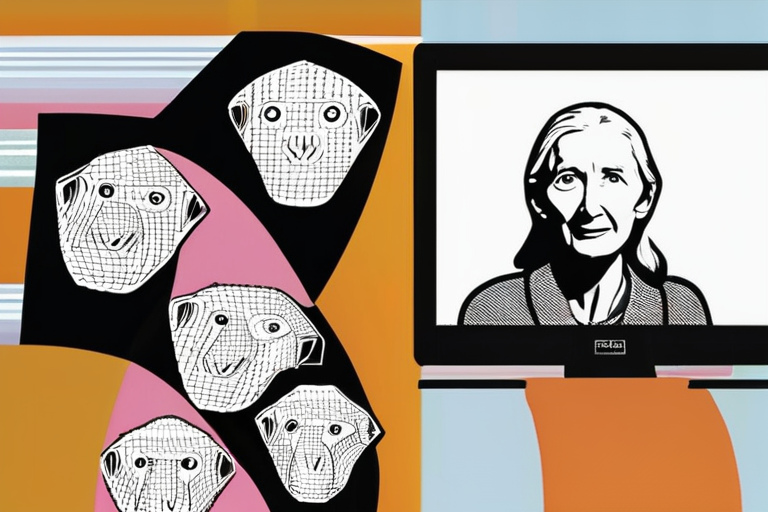
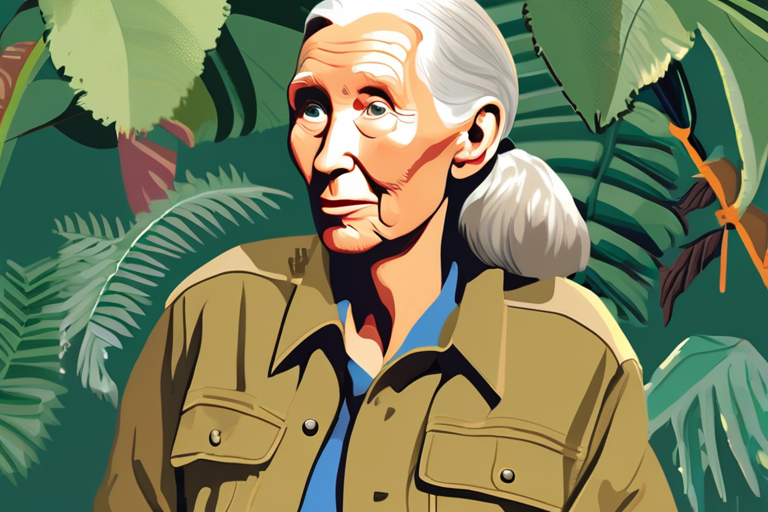





Share & Engage Share
Share this article